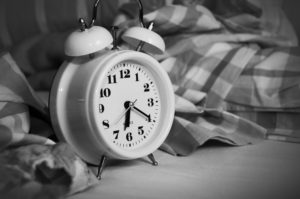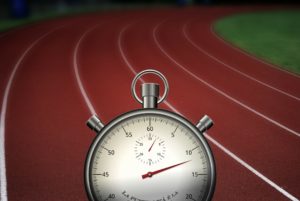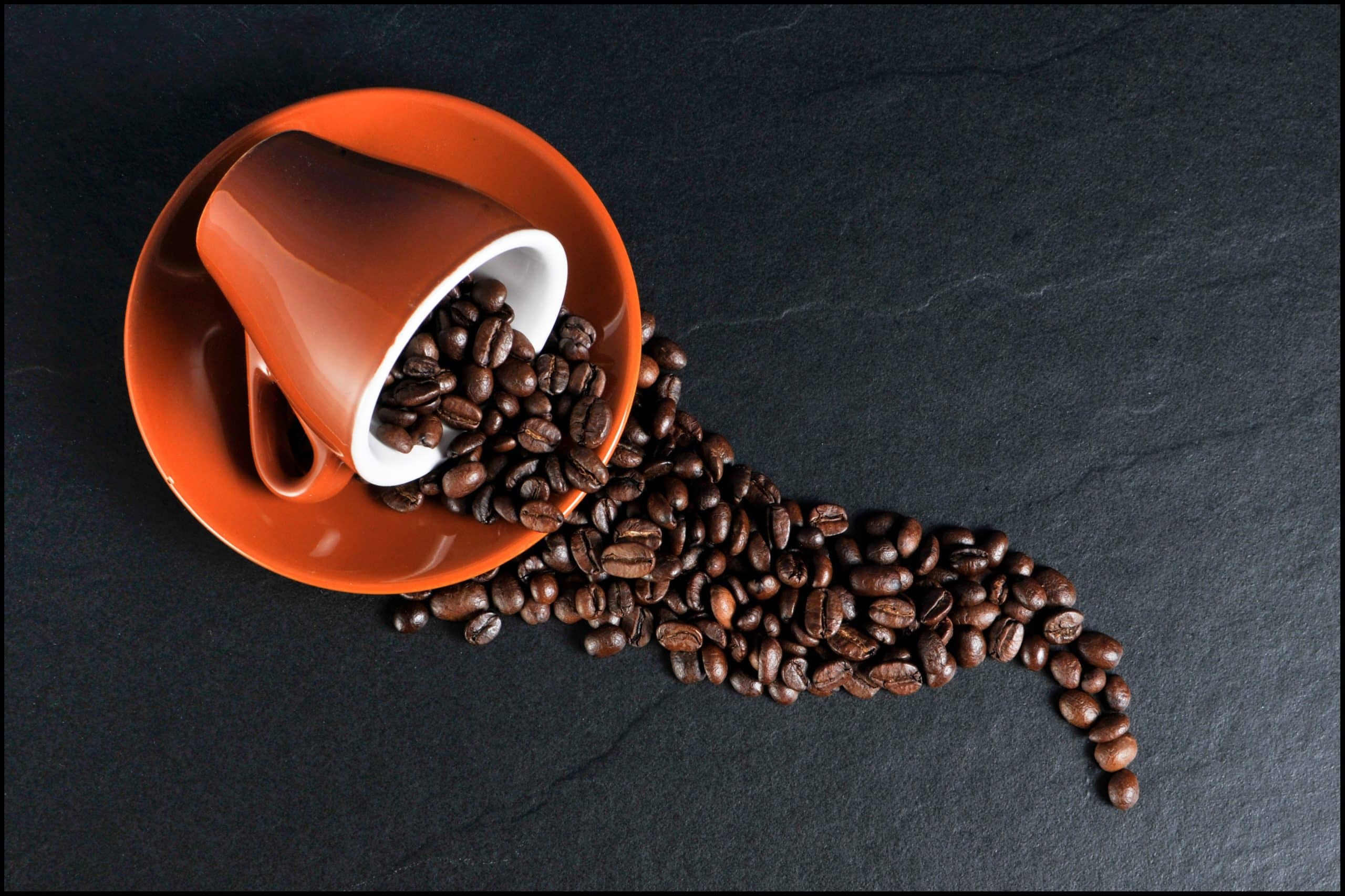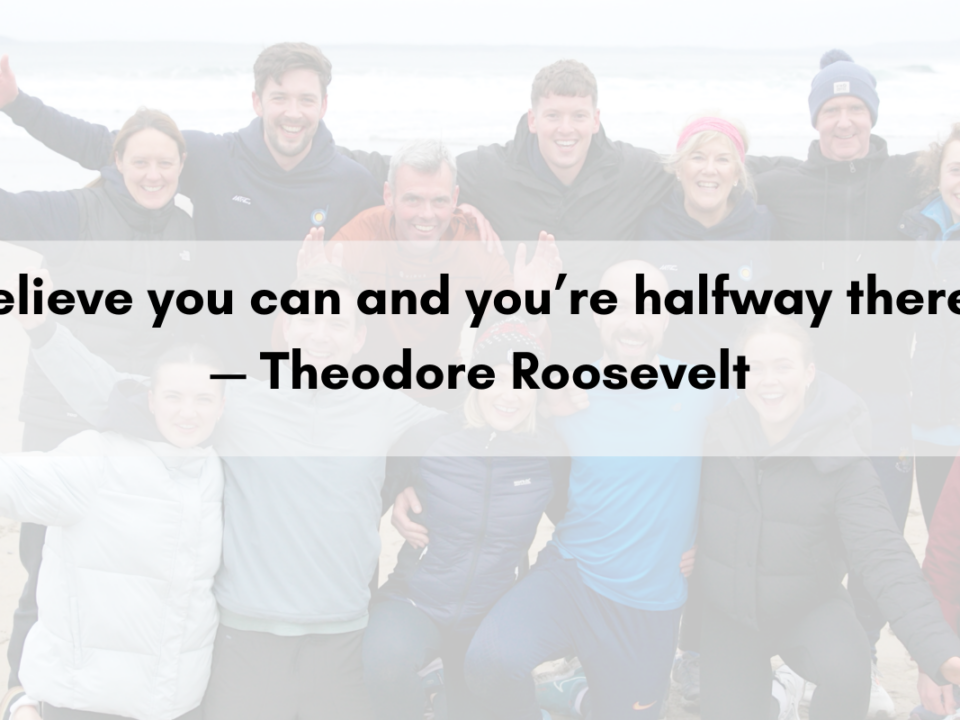Sleep – A critical daily investment for health and performance
Summary
- Sleep is vital for optimum physical and mental health
- We require approximately 7-9 hours’ sleep per night
- Sleep is considered the most important recovery strategy for athletes
- Meal timing and food choice can impact sleep quality
- Sleep quality can impact food choices and risk of disease
There has been a big change in people’s attitude towards sleep in the past number of years as the appreciation of its role in health and performance has been brought into sharp focus by countless research studies. One important illustration of the importance of sleep is that sleep deprivation has been linked to increased risk of lifestyle related diseases such as type 2 diabetes and obesity.

How much sleep we need depends on our age and the demands we place on our body. It is generally recommended that we need somewhere between 7-9 hours sleep each night. In an article published by Harvard Health it was suggested that the ‘average’ hours you sleep was the most important factor when reviewing your sleep patterns.

For athletes sleep is suggested to be the most critical aspect of recovery and inadequate sleep has been linked with suboptimal performance.
Adequate sleep has been proven to be critical for:
- Optimum recovery from exercise sessions
- Reducing the risk of injury
- Maintaining immune function and limiting the risk of illness
- Supporting body composition goals and maintaining optimum weight
- The execution of physical and mental skills in competition.
 In the context of nutrition, sleep can have a significant impact on our overall nutrition behaviour. Nutrition, food choices and meal timing can impact the quality of our sleep. Research carried out on the impact of sleep deprivation on food desire in the human brain has shown that sleep deprivation can lead to people choosing foods that are higher in calories and have a greater ‘weight gain potential’. This has highlighted the important role sleep has in maintaining an optimum weight. These insights on sleep are just more examples of how each pillar of health and performance is linked, and why no one pillar can be considered in isolation for health and performance.
In the context of nutrition, sleep can have a significant impact on our overall nutrition behaviour. Nutrition, food choices and meal timing can impact the quality of our sleep. Research carried out on the impact of sleep deprivation on food desire in the human brain has shown that sleep deprivation can lead to people choosing foods that are higher in calories and have a greater ‘weight gain potential’. This has highlighted the important role sleep has in maintaining an optimum weight. These insights on sleep are just more examples of how each pillar of health and performance is linked, and why no one pillar can be considered in isolation for health and performance.

In summary sleep is something that needs to be prioritized if you want to remain healthy and perform at your physical mental best. Aim for at least seven and a half hours sleep per night and if you do have a bad night’s sleep aim to get to bed early the following night. Don’t forget, our best ideas and greatest clarity most often comes after a good nights sleep so make sure your invest in it.

References
Halson SL. Sleep in elite athletes and nutritional interventions to enhance sleep. Sports Med 2014;44:13–23
Greer, S.M., Goldstein, A.N. and Walker, M.P., 2013. The impact of sleep deprivation on food desire in the human brain. Nature communications, 4(1), pp.1-7.
Knufinke, M., Nieuwenhuys, A., Geurts, S.A., Coenen, A.M. and Kompier, M.A., 2018. Self‐reported sleep quantity, quality and sleep hygiene in elite athletes. Journal of Sleep Research, 27(1), pp.78-85.
Silva, A., Narciso, F.V., Soalheiro, I., Viegas, F., Freitas, L.S., Lima, A., Leite, B.A., Aleixo, H.C., Duffield, R. and de Mello, M.T., 2019. Poor Sleep Quality’s Association With Soccer Injuries: Preliminary Data. International journal of sports physiology and performance, 1(aop), pp.1-6.
https://www.health.harvard.edu/staying-healthy/how-much-sleep-do-we-really-need









